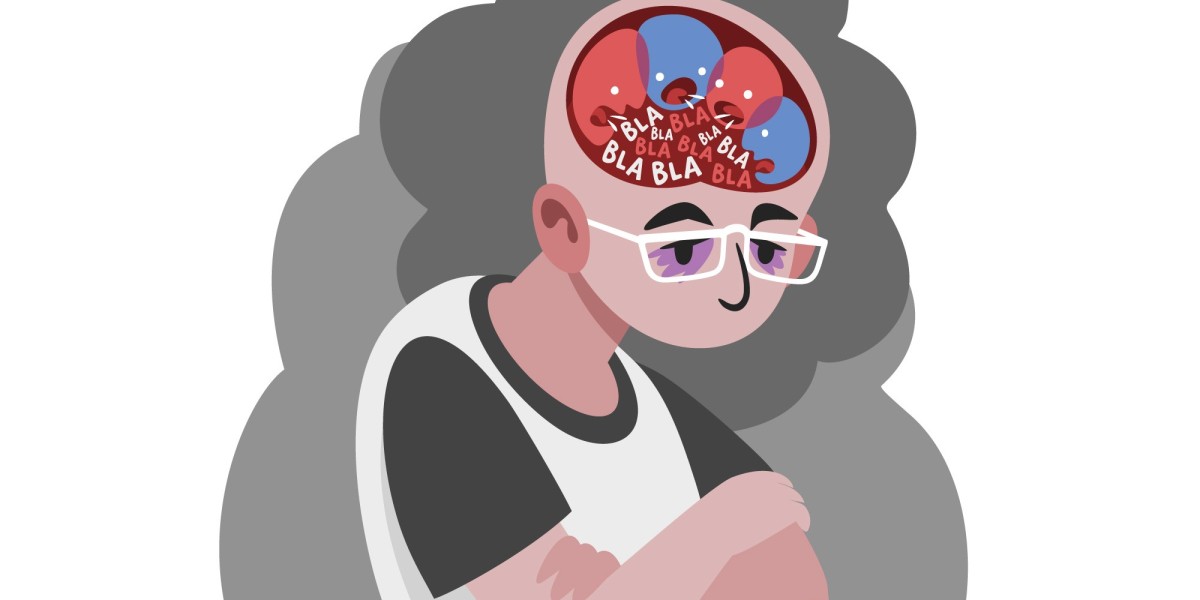When discussing addiction, the terms physical dependence and psychological dependence often come up. Though used interchangeably in casual conversations, they refer to two very distinct aspects of substance abuse. Understanding the difference between the two is crucial for effective treatment and long-term recovery.
In this blog, we’ll break down these two types of dependence, how they manifest, and how treatment centers like Nasha Mukti Kendra in Parwanoo address both aspects for comprehensive recovery.
What is Physical Dependence?
Physical dependence occurs when the body adapts to a substance and becomes reliant on it to function normally. This is usually associated with:
Tolerance: Needing more of the substance to achieve the same effect.
Withdrawal Symptoms: Experiencing physical discomfort when the substance is reduced or stopped.
Common Substances That Cause Physical Dependence:
Alcohol
Nicotine
Opiates (like heroin or prescription painkillers)
Benzodiazepines (anti-anxiety drugs)
Signs of Physical Dependence:
Shaking or tremors
Nausea or vomiting
Sweating
Headaches
Muscle cramps
Increased heart rate
Physical dependence is biological and can be addressed through medically supervised detox programs, often the first step at centers like Nasha Mukti Kendra in Parwanoo.
What is Psychological Dependence?
Psychological dependence, on the other hand, is emotional or mental. It refers to the craving or compulsion to use a substance or engage in a behavior, even when there are no physical withdrawal symptoms.
This type of dependence is rooted in:
Stress relief
Emotional regulation
Coping with trauma, anxiety, or depression
Habitual behavior patterns
Signs of Psychological Dependence:
Obsessive thinking about the substance or activity
Using the substance to cope with emotions
Inability to stop despite knowing the consequences
Emotional distress when trying to quit
Psychological dependence is more complex and can persist long after physical symptoms have faded, making it one of the biggest challenges in maintaining sobriety.
Why Understanding the Difference Matters
Recognizing the difference between physical and psychological dependence helps in several ways:
Better Diagnosis: It helps clinicians determine the right treatment path.
Customized Treatment Plans: Detox may address physical needs, but therapy is required for psychological healing.
Long-Term Recovery: Preventing relapse requires addressing mental and emotional triggers, not just physical cravings.
This holistic approach is why Nasha Mukti Kendra in Parwanoo focuses on both detoxification and mental wellness.
How Nasha Mukti Kendra in Parwanoo Addresses Both Types
Recovery is not just about getting clean—it's about staying clean. At Nasha Mukti Kendra in Parwanoo, treatment programs are designed to address both physical and psychological dependence through:
1. Medically Supervised Detox
This stage helps cleanse the body of harmful substances, safely managing withdrawal symptoms with medical support.
2. Psychological Counseling
Individual and group therapy sessions uncover the root emotional causes of addiction. Approaches like Cognitive Behavioral Therapy (CBT) and Motivational Interviewing (MI) are commonly used.
3. Behavioral Therapy
Helps patients change thought patterns and develop healthier habits and coping mechanisms.
4. Mindfulness and Meditation
Used to calm the mind, increase self-awareness, and manage psychological triggers like stress and anxiety.
5. Relapse Prevention Planning
Teaching patients how to recognize psychological triggers and avoid falling back into old patterns is key to maintaining long-term sobriety.
Real-Life Example
Consider someone addicted to alcohol:
Their physical dependence might show up as tremors or insomnia when they stop drinking.
Their psychological dependence may include feelings of fear, stress, or loneliness that trigger the urge to drink again.
Treating only the physical side would leave the emotional triggers intact—leading to relapse. This is why integrated treatment from facilities like Nasha Mukti Kendra in Parwanoo is so essential.
The Role of Family and Community
Psychological dependence is often reinforced by environment and relationships. Support from family and community plays a critical role in healing. Many Nasha Mukti Kendras, including the one in Parwanoo, include family counseling and support sessions to strengthen recovery at home.
Final Thoughts
Addiction is not just a physical problem—it’s a deeply rooted emotional and psychological challenge. Treating it requires a complete approach that tackles both physical and psychological dependence.
If you or a loved one is struggling with addiction, don’t wait. Nasha Mukti Kendra in Parwanoo offers a balanced, compassionate approach that focuses on the mind, body, and spirit—because true recovery starts from within.






